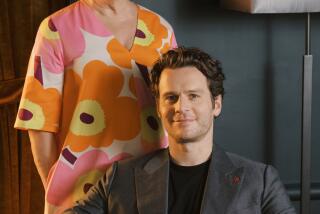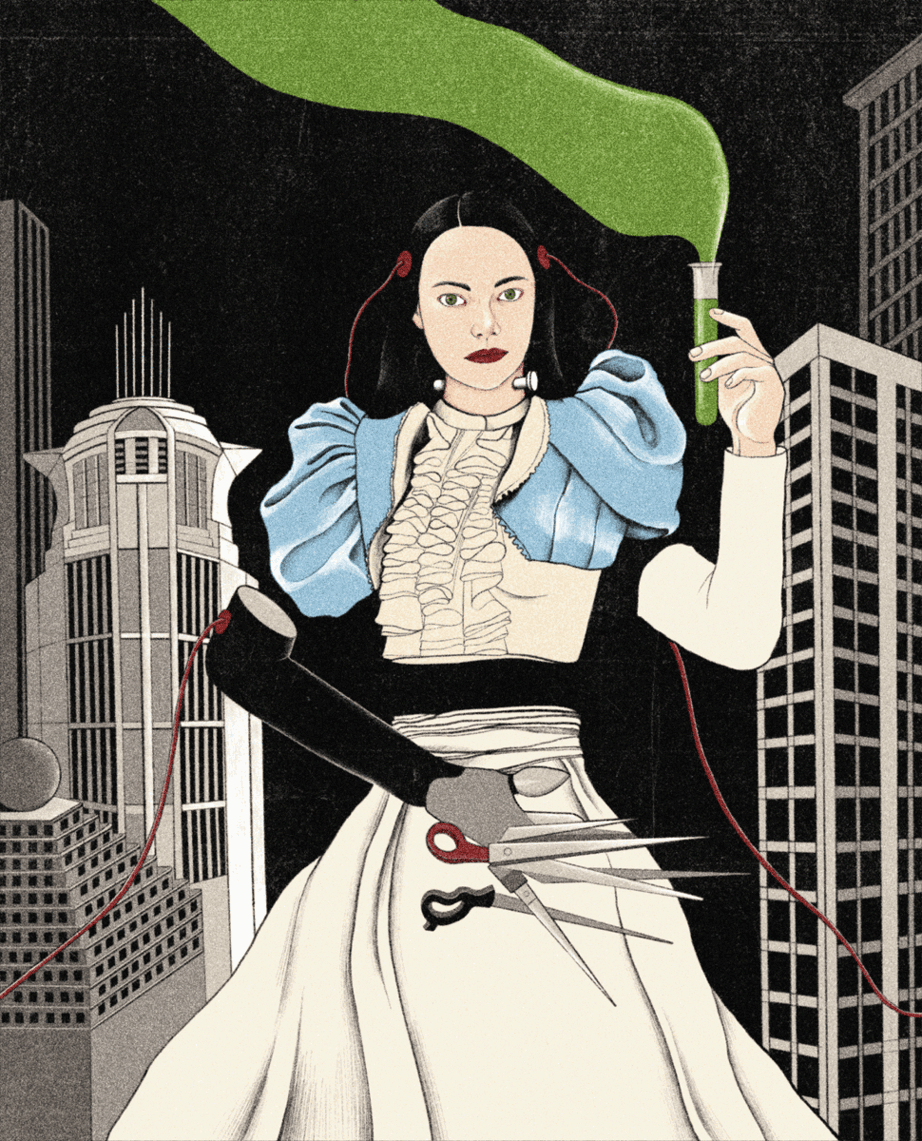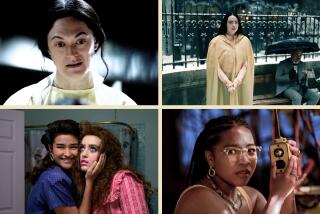Book Review : Frankenstein Is Reborn
- Share via
Mary Shelley; A Biography by Muriel Spark (William Abrahams/Dutton: $17.95; 238 pages.)
About 35 years ago, Muriel Spark, editor, biographer of no great renown and former foreign office employee, began to publish short stories and, in due course, novels. It was like crossing the Great Divide. On this side of it, she has become one of the most distinctive and important novelists of postwar Great Britain.
Now she has gone back to the other side to fetch over a curiosity. “Child of Light: A Reassessment of Mary Shelley,” published in 1951, was a modest biography coupled with an effort to place Shelley’s second wife as less of a drag and more of a substantial personage than contemporary literary opinion decreed.
Herbert Read blamed Mary Shelley, as her husband’s posthumous literary guardian, of establishing the image of a fey child, a “whimsy Ariel”; or, as Matthew Arnold put it, “a beautiful and ineffectual angel.” As for their married life, T. S. Eliot suggested that “The weight of Mrs. Shelley must have been pretty heavy.”
Husband’s Friends Critical
Shelley’s friends were critical of Mary’s transformation from fellow flower-child--in their first years together, they floated around Europe in a bedraggled, improvised and spiritually exalted style reminiscent of latter-day hippies--into an abrasive impatience and moodiness. His biographers accused her of having turned, after his death, into a tough-minded, conventional spirit interested mostly in security and social acceptance.
Not so, Spark retorts. Mary, author of the flawed but indelible “Frankenstein”--not simply a horror story but a horrific fable about the dangers and excesses of an unconstrained spirit of Promethean reason--was divided but heroic, she argues.
Mary was the daughter of Mary Wollstonecraft, a flamboyantly disordered precursor of anarchic Romanticism, and William Godwin, a chilly and methodical advocate of the same thing. Spark’s evaluation of her life and her writing suggests that she was an example of a classical temperament plunged by love and circumstances into a turbulently Romantic existence.
“Mary Shelley; A Biography” is a thorough revision of “Child of Light.” The author indicates that, aside from profiting from a whole new generation of scholarship, she has found a more solid footing for her empathy with her subject. “A great deal has happened to me,” she writes.
Original Never Published
What is chiefly interesting about the book is the degree to which the sensibility of the novelist has invaded the detachment of the biographer. Not having the original--it was never published in this country and is out of print, in any event--it is hard to know how much of this novelist was already there 35 years ago, and how much has grown into the revising.
Either way, it is the touches of what we may as well think of as the complex and mature Spark that chiefly enliven a graceful, otherwise minor work. In the introduction, the author notes wryly that at some points, her sentences have slipped into Mary Shelley’s rhythms.
The reader will find other associations. Several voices compete. Here is a pure Jane Austen opening line about the plight of Mary’s stepsister, Fanny; caught in the stiff and straitened circumstances of the Godwin household: “Nothing is so detrimental to the behavior of a family as financial worry, and Fanny knew this to be the cause of her own discontent.”
On the other hand, Spark’s ability to imagine herself into the social and material pressures of Mary’s life, and the damage they inflicted upon her sensibility, is worthy of Virginia Woolf and her “Common Reader.”
During Mary’s eight years with Shelley, three of their four children died. And Spark writes of the crippling burden of frustration that infant mortality placed on women in the 19th Century. She writes of Mary, after the death of the third child, William: “Deeper than her natural grief at the death of her last child lay the root exasperation and balk of three unfulfilled lives, extensions of her own being.”
It is in this context that Spark makes her moving argument for Mary’s apparent retreat into bourgeois values after Shelley’s death. It was her fight for life.
More to Read
Sign up for our Book Club newsletter
Get the latest news, events and more from the Los Angeles Times Book Club, and help us get L.A. reading and talking.
You may occasionally receive promotional content from the Los Angeles Times.







